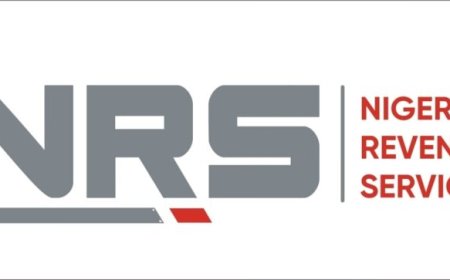Nigerian Crude Oil Hits $70 Per Barrel Amid Global Supply Tensions

By: Israel Adeleke
OPEN TELEVISION NAIJA (OTN) News reports as gathered that Nigeria’s premium crude oil blend, Bonny Light, is trading at about $70 per barrel, rising from $68 earlier in the week, as tightening global supplies and geopolitical tensions continue to push prices higher.
OTN News further reports as gathered that the latest rally follows reports of reduced U.S. crude inventories, which have lifted market sentiment.
Brent crude, the global benchmark, is trading at $69.3 per barrel, reflecting a 3 per cent monthly increase. Nigerian crude typically commands a slight premium to Brent because of its low sulfur content and high yield when refined into gasoline and diesel.
Bonny Light, widely considered one of the world’s best crude blends, boasts an API gravity of 36° and sulfur content below 0.2%, making it highly sought after by refiners.
Alongside other Nigerian blends such as Qua Iboe, Escravos, Brass River, Forcados, and Agbami, the country’s exports remain a key player in the global energy market. With proven reserves of 37.5 billion barrels, Nigeria ranks 10th globally in crude oil reserves.
However, the price rally brings mixed fortunes for Nigeria. The 2025 federal budget assumes an average oil price of $75 per barrel and a production level of 2.6 million barrels per day (mb/d). While current prices provide short-term financial relief, they remain below budget expectations, highlighting Nigeria’s vulnerability to global market swings.
Global supply pressures are adding momentum to oil prices. Russia has tightened export controls by extending bans on gasoline and partially maintaining restrictions on diesel exports, sparking fuel shortages in some regions.
Meanwhile, OPEC+ has begun easing production cuts, leading to rising supply levels. Global oil production is projected to reach 105.8 mb/d in 2025, with non-OPEC+ members contributing 1.4 mb/d of the growth.
Nigeria itself exceeded its 1.5 mb/d quota in June and July, though it faces stiff competition from Kazakhstan, exporting a record 1.8 mb/d, and from rising U.S. exports. The return of Iraqi Kurdish oil exports via the Iraq-Turkey pipeline, expected to restart at 230,000 barrels per day after an 18-month halt, could further increase supply in the near term.
Despite these developments, geopolitical uncertainties in Europe and the Middle East continue to buoy prices, pushing crude close to its two-month high.
Analysts warn, however, that Nigeria’s reliance on imported refined products could mean higher domestic fuel prices, even as the nation benefits from stronger crude revenues.
What's Your Reaction?
























































